Podcast: Play in new window | Download (Duration: 35:49 — 24.7MB) | Embed
Subscribe: Apple Podcasts | Spotify | Amazon Music | Android | Pandora | iHeartRadio | JioSaavn | Podchaser | Gaana | Podcast Index | Email | TuneIn | Deezer | Anghami | RSS | More
Susan Conroy – Praying with Mother Teresa on Inside the Pages with Kris McGregor
 What an absolutely wonderful book! In “Praying with Mother Teresa: Prayers, Insights, and Wisdom of Saint Teresa of Calcutta” author Susan Conroy takes into the depths of her heart through her tremendous devotion to prayer. Susan is exceptional in sharing the joy of Mother Teresa’s particular charism: “to care for the poorest of the poor”. Who are the “poorest of the poor”? The answer might surprise you. Full disclosure is necessary: I LOVE THIS BOOK! It has become one of my favorite devotional works, and hopefully one of yours too! Susan is inspiring as well, an obvious fruit from this beautiful ministry. Don’t miss!
What an absolutely wonderful book! In “Praying with Mother Teresa: Prayers, Insights, and Wisdom of Saint Teresa of Calcutta” author Susan Conroy takes into the depths of her heart through her tremendous devotion to prayer. Susan is exceptional in sharing the joy of Mother Teresa’s particular charism: “to care for the poorest of the poor”. Who are the “poorest of the poor”? The answer might surprise you. Full disclosure is necessary: I LOVE THIS BOOK! It has become one of my favorite devotional works, and hopefully one of yours too! Susan is inspiring as well, an obvious fruit from this beautiful ministry. Don’t miss!
 You can get a copy of the book here
You can get a copy of the book here
From the book description:
Praying with Mother Teresa brings us into the heart of Mother Teresa’s prayer life! Author Susan Conroy, a personal friend of Mother Teresa, gives us a meditative look at Mother Teresa’s insights on suffering, joy, peace, humility, and poverty, and brings us right into the prayer life of one of the most beloved women of our time, Saint Teresa of Calcutta. Each prayer has been carefully, and prayerfully, selected for use in daily prayer. Mother Teresa gave Susan her blessing and approval to share these words and prayers with others “to bring them peace and joy too.”


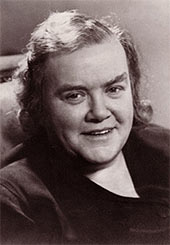 Adrienne von Speyr was a Swiss convert, mystic, wife, medical doctor and author of over 60 books on spirituality and theology. She’s inspired countless souls around the world to deepen their mission of prayer and compassion. She entered the Catholic Church under the direction of the great theologian, Hans Urs von Balthasar. In the years that would follow, they would co-found the secular institute, the Community of St. John.
Adrienne von Speyr was a Swiss convert, mystic, wife, medical doctor and author of over 60 books on spirituality and theology. She’s inspired countless souls around the world to deepen their mission of prayer and compassion. She entered the Catholic Church under the direction of the great theologian, Hans Urs von Balthasar. In the years that would follow, they would co-found the secular institute, the Community of St. John.
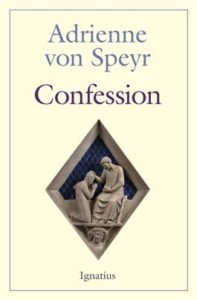

 A fascinating conversation with Dr. David Pinault Ph.D. about his book “The Crucifix on Mecca’s Front Porch: A Christian’s Companion for the Study of Islam.” One of the best books on the subject of Islam, particularly for those who are seeking to understand the religion within the context of the Christian faith. An outstanding resource and excellent read.
A fascinating conversation with Dr. David Pinault Ph.D. about his book “The Crucifix on Mecca’s Front Porch: A Christian’s Companion for the Study of Islam.” One of the best books on the subject of Islam, particularly for those who are seeking to understand the religion within the context of the Christian faith. An outstanding resource and excellent read.
 A fascinating conversation with the “
A fascinating conversation with the “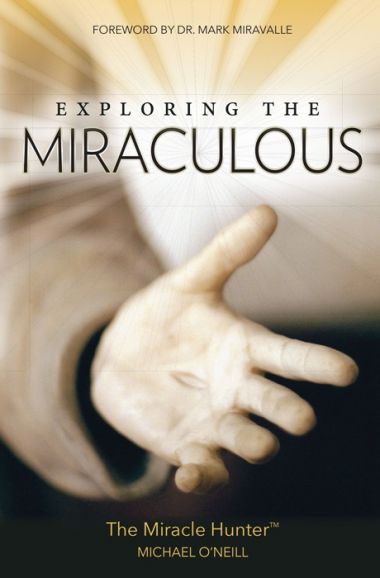

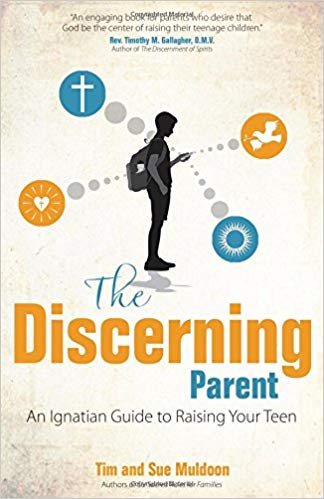



 You can find the book
You can find the book 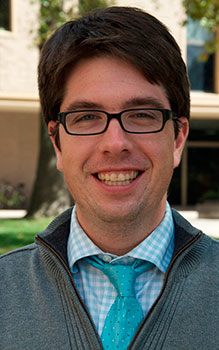 A great conversation with Dr. Timothy O’Malley, Director of the Notre Dame Center for Liturgy and author of “Off the Hook: God, Love, Dating and Marriage in a Hook-up World. ” He had me at “nuptial mystagogy.” I love a theologian who deeply appreciates the font of grace present in our liturgical expression and sacramental experience. From this point forward, this is THE book for practical, life-sustaining marriage formation. Outstanding!
A great conversation with Dr. Timothy O’Malley, Director of the Notre Dame Center for Liturgy and author of “Off the Hook: God, Love, Dating and Marriage in a Hook-up World. ” He had me at “nuptial mystagogy.” I love a theologian who deeply appreciates the font of grace present in our liturgical expression and sacramental experience. From this point forward, this is THE book for practical, life-sustaining marriage formation. Outstanding!

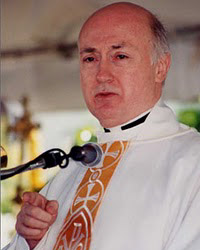 What a delight to talk once again speak with Fr. George Rutler! This time we discuss his book “Calm in Chaos: Catholic Wisdom for Anxious Times.” “Timing is everything”, so it is said. There is no doubt that now is the time for Fr. Rutler’s particular wisdom, wit, and pastoral calm.
What a delight to talk once again speak with Fr. George Rutler! This time we discuss his book “Calm in Chaos: Catholic Wisdom for Anxious Times.” “Timing is everything”, so it is said. There is no doubt that now is the time for Fr. Rutler’s particular wisdom, wit, and pastoral calm.
 What a delight to talk with Mark Joseph about “Overwhelming Pursuit: Stop Chasing Your Life and Live.” He presents in this very compelling book a practical approach to transforming your life. I simply could not have put any better than Dr. Scott Hahn who said in his ringing endorsement of Mark’s work: “In these pages you’ll learn, step by step, how to do the hard stuff: forgive from the heart, apologize, open yourself to the healing power of God’s mercy. If these graces have seemed remote, theoretical, or elusive to you, seek here and find everything you need: a prescription for spiritual health and lifelong conversion.” Excellent! Get a copy for yourself and someone in your life who really needs this solid yet caring message. Mark’s website is:
What a delight to talk with Mark Joseph about “Overwhelming Pursuit: Stop Chasing Your Life and Live.” He presents in this very compelling book a practical approach to transforming your life. I simply could not have put any better than Dr. Scott Hahn who said in his ringing endorsement of Mark’s work: “In these pages you’ll learn, step by step, how to do the hard stuff: forgive from the heart, apologize, open yourself to the healing power of God’s mercy. If these graces have seemed remote, theoretical, or elusive to you, seek here and find everything you need: a prescription for spiritual health and lifelong conversion.” Excellent! Get a copy for yourself and someone in your life who really needs this solid yet caring message. Mark’s website is: 
